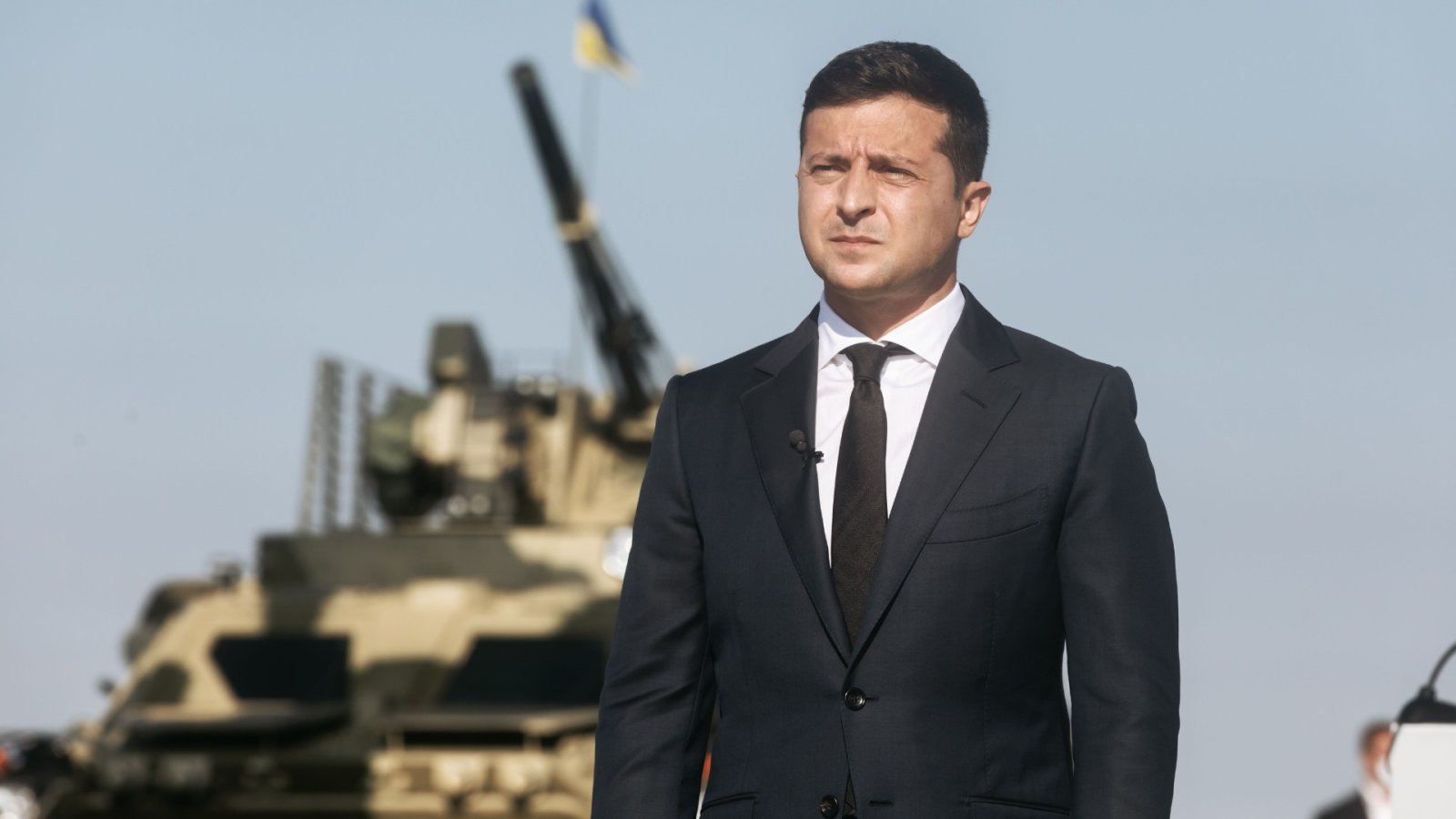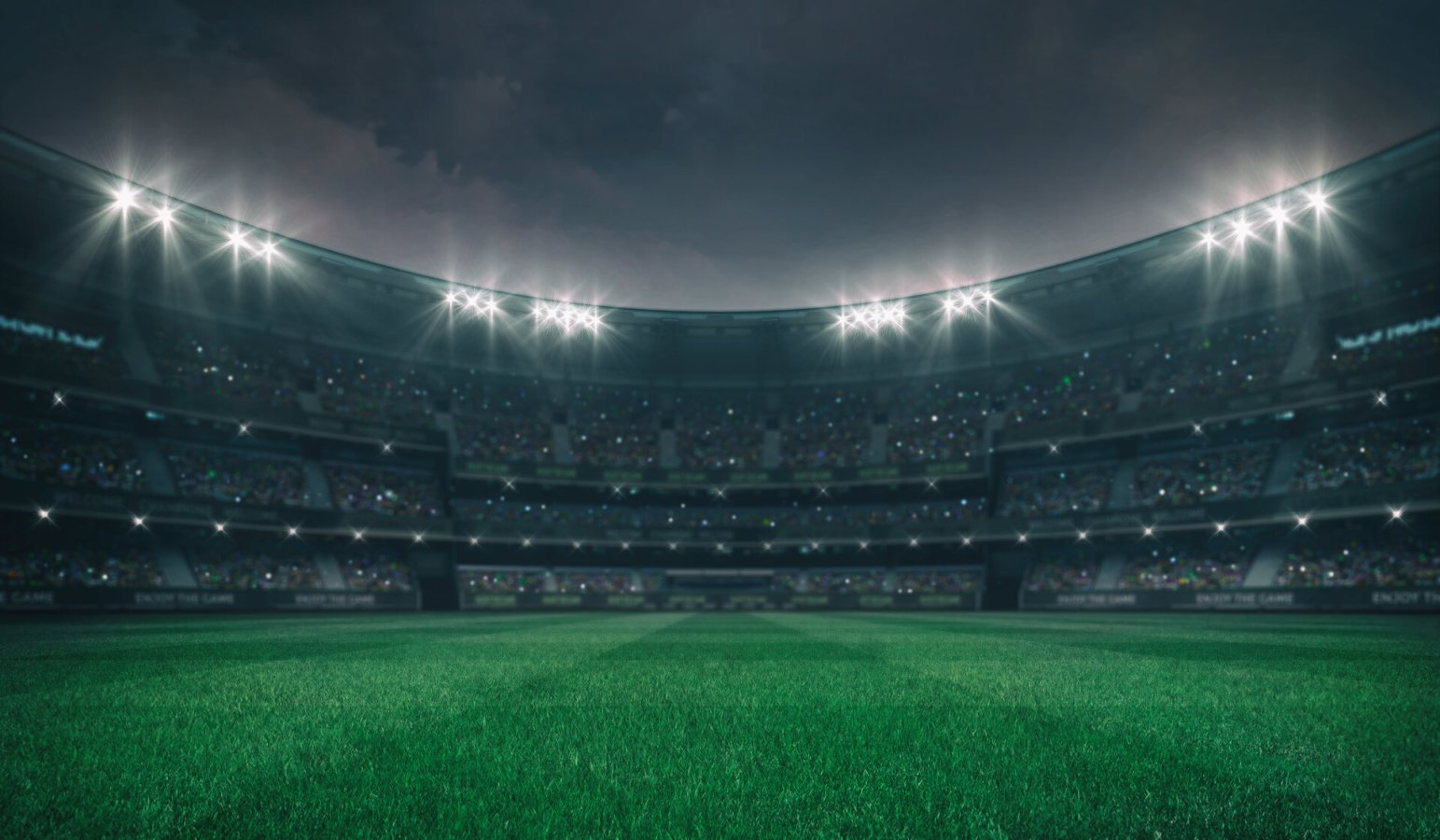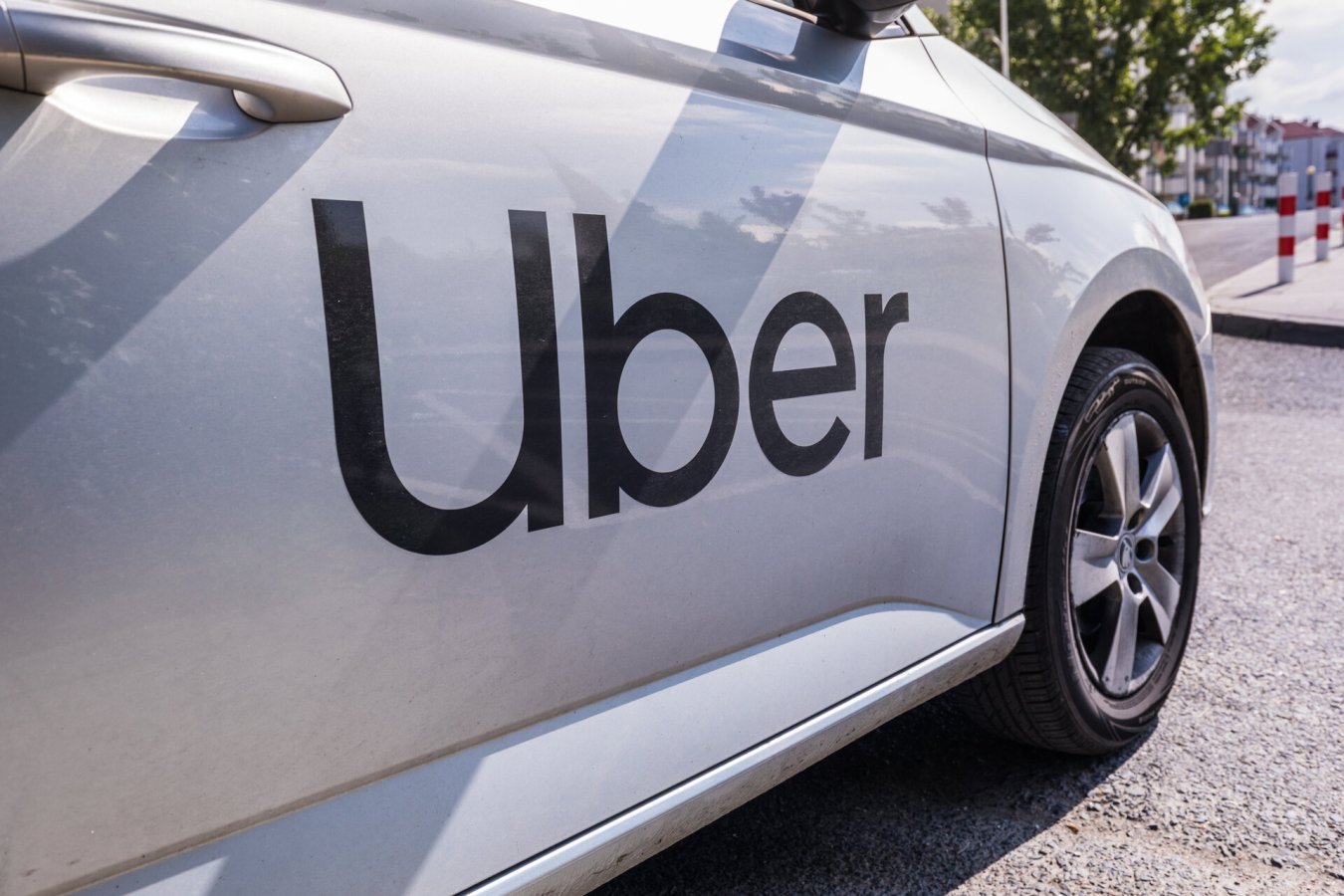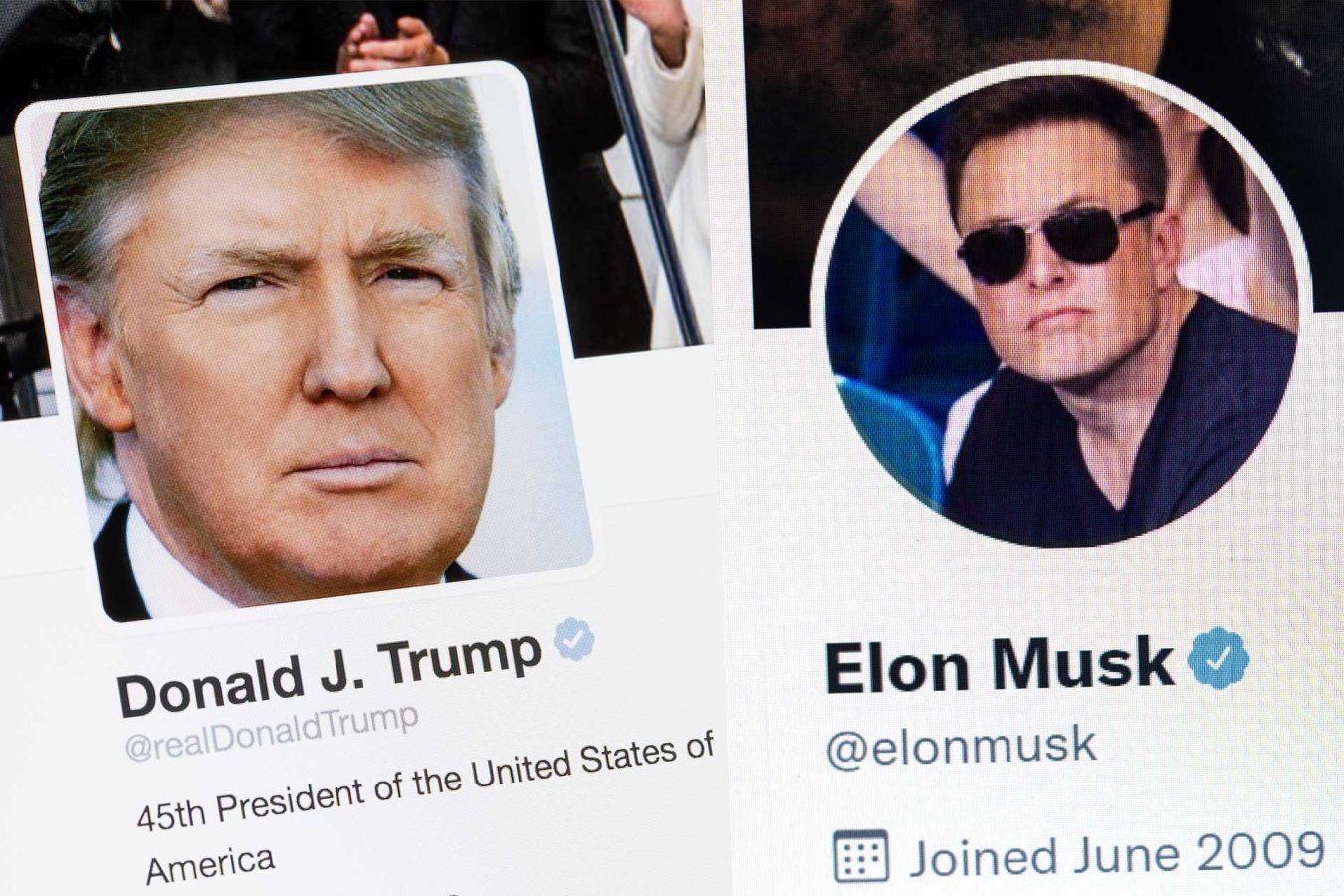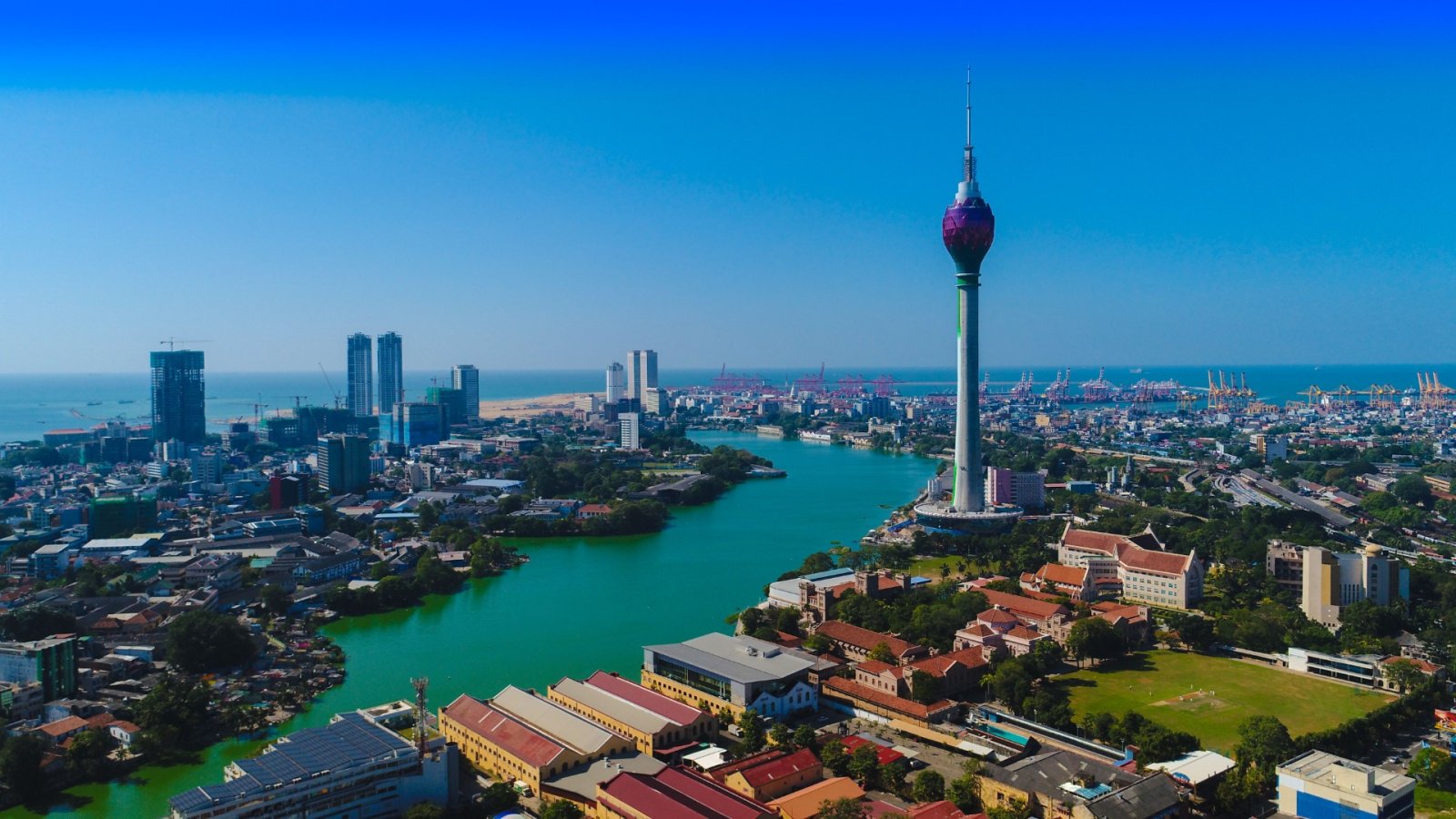When protesters stormed his office, Ranil Wickremesinghe – Sri Lankan Prime Minister – told the military to do "whatever is necessary to restore order".And the president declared a state of emergency after many months of mass demonstrations over Sri Lanka’s economic crisis. But when and how did it all begin? The demonstrations first appeared in Colombo, the capital of Sri Lanka, in April. But the protests spread across the country rapidly. Its citizens are finding it difficult to manage their lives when there are power cuts constantly and a lot of shortages of basic necessities, food, medicines, and fuel. Moreover, inflation is at a high of more than 50%. But Sri Lanka lacks fuel for the country’s vital transportation services – trains, busses, and medical vehicles. What’s more, experts and officials mention that the country doesn't either have sufficient foreign money to import fuel. This is a challenge that caused diesel and petrol prices to rise acutely. Because of the changes, in early summer, the officials banned selling diesel and petrol for non-essential vehicles for half a month, but these sales are still very restricted to this day. This affects not only the drivers but schools as well, which have closed and many people started to work remotely to keep their fuel supplies for as long as possible.
What does this mean for Sri Lanka?
Since the country has run out of money, officials say they are unable to import necessary and basic goods. Besides this issue, Sri Lanka failed to make an interest payment on its foreign debt for the first time in its history. This event was not good for Sri Lanka’s reputation, especially for the present and future investors, on the contrary, it makes things harder for the country. Now it is more difficult for them to borrow money from other countries when they’re in great need. Which can harm confidence in Sri Lanka’s economy and currency, globally.
Is there a plan to tackle this economic crisis?
Things are complex and the President Rajapaksa has resigned after fleeing to Singapore. But before he did, he made the Prime Minister the acting president. Wickremesinghe took action and announced a state of emergency in the country. He also imposed a curfew and is attempting to bring balance and stabilize the ongoing crisis situation. However, demonstrations are still going on, with many protesters invading his office and demanding his resignation. Sri Lanka needs a functioning government to end this economic and financial disaster.
The country owes more than £39bn to foreign lenders, including China, a country that already started talks about how to restructure the loans. In the meantime, Canada, France, Germany, Italy, Japan, UK, and the US mentioned that they all support Sri Lanka and its decision to reduce debts. Plus, the International Monetary Fund prepares a loan for aiding Sri Lanka but needs a stable government to raise interest rates and taxes. The Prime Minister said that the government should print more money to pay salaries for the state employees, although this move could also raise inflation and lead to higher prices. Besides these changes, the Prime Minister also suggested that Sri Lankan Airlines should be privatized. Moreover, there is a request from the country to Qatar and Russia for providing oil at lower prices and reducing their costs of petrol in aiding Sri Lanka financially.
The causes of the financial crisis
Officials tried to blame the Covid pandemic for the country’s financial struggles, the Covid epidemic affecting gravely Sri Lanka’s tourism, which is one of the biggest earnings in the country, especially when it comes to foreign currency. The recent past also seems a challenge for tourists from other countries since there were deadly attacks a few years ago and people are scared to travel to Sri Lanka. But the Sri Lankan people say that the poor economy is due to the president’s bad management. There were also a series of decisions after the end of the war that put the country focusing on the internal market and not on foreign trade. The country imports $3bn more than it exports each year, making this the principal cause of its lack of foreign currency nowadays. The government has been criticized for massive tax cuts and money losses.

